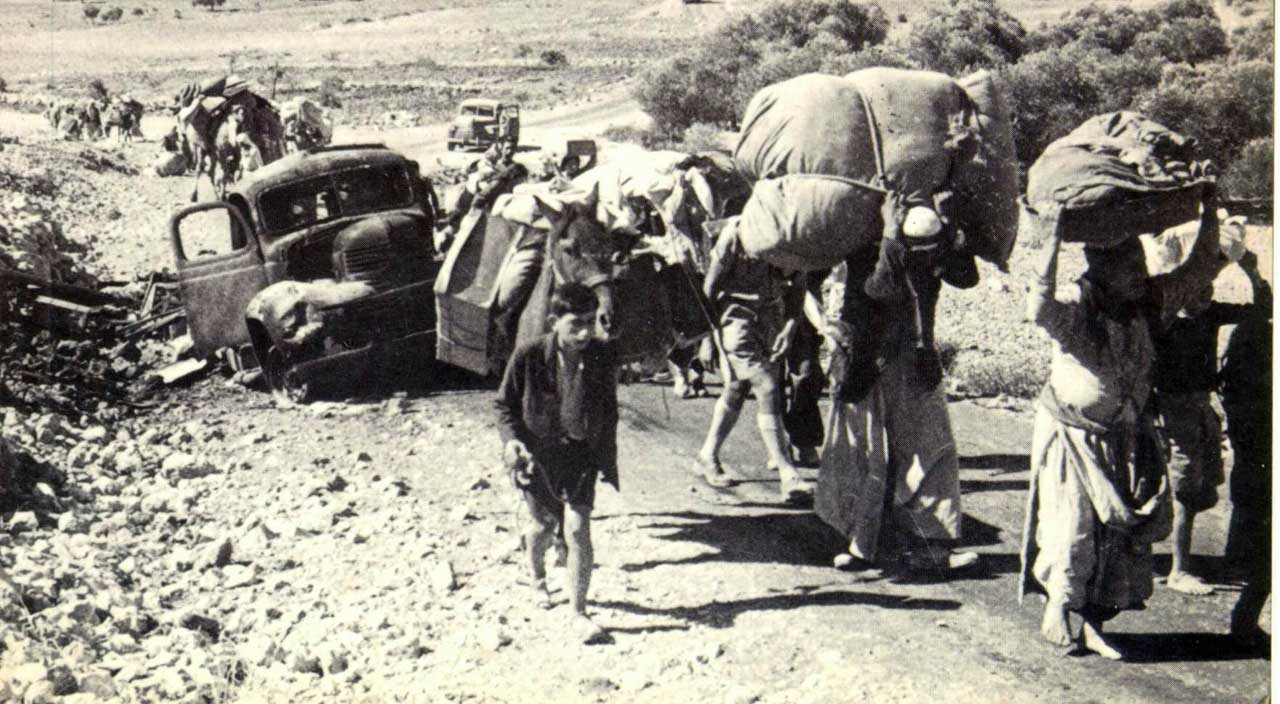Stuartbirdan2
Diamond Member
- Sep 6, 2020
- 1,218
- 8,446
- 2,138
Resolution 181 and the Early Phases of the 1948 WarLink?In sum, there was a consensus that such a sizable population of Arabs within the borders of their desired “Jewish state” was unacceptable.
There was?
Is that why your source lied and said 85% of the land was owned by Arabs?
You have a source that proves 85% ownership?
What are you waiting for, Buttercup? Post it!!!
Benny Morris’s Untenable Denial of the Ethnic Cleansing of Palestine
Israeli historian Benny Morris denies the ethnic cleansing of Palestine, but his own research shows that this was indeed how Israel came into being.www.foreignpolicyjournal.com
If Benny has proof the Arabs owned 85%, cut and paste that portion of your link.
Despite their best efforts, by the end of the Mandate, the Jewish settlers had managed to acquire only about 7 percent of the land in Palestine. Arabs owned more land than Jews in every single district, including Jaffa, which included the largest Jewish population center, Tel Aviv. According to the UNSCOP report, “The Arab population, despite the strenuous efforts of Jews to acquire land in Palestine, at present remains in possession of approximately 85 percent of the land.” A subcommittee report further observed that “The bulk of the land in the Arab State, as well as in the proposed Jewish State, is owned and possessed by Arabs” (emphasis added). Furthermore, the Jewish population in the area of their proposed state was 498,000, while the number of Arabs was 407,000 plus an estimated 105,000 Bedouins. “In other words,” the subcommittee report noted, “at the outset, the Arabs will have a majority in the proposed Jewish State.”
UNSCOP nevertheless proposed that the Arab state be constituted from about 44 percent of the whole of Palestine, while the Jews would be awarded about 55 percent for their state, including the best agricultural lands. The committee was not incognizant of how this plan prejudiced the rights of the majority Arab population. In fact, in keeping with the prejudice inherent in the Mandate, the UNSCOP report explicitly rejected the right of the Arab Palestinians to self-determination. The “principle of self-determination” was “not applied to Palestine,” the report stated, “obviously because of the intention to make possible the creation of the Jewish National Home there. Actually, it may well be said that the Jewish National Home and the sui generis Mandate for Palestine run counter to that principle
Resolution 181 and the Early Phases of the 1948 War
I saw your unbacked source the first time you posted it.
And then you posted a source that said the Arab squatters never registered land, because they didn't want to pay taxes. Then you posted a source that said the Arab squatters lost title to land they farmed.
I think that's called a self goal.....

A quote by Edward I. Koch
I can explain it to you, but I can't comprehend it for you.
www.goodreads.com

